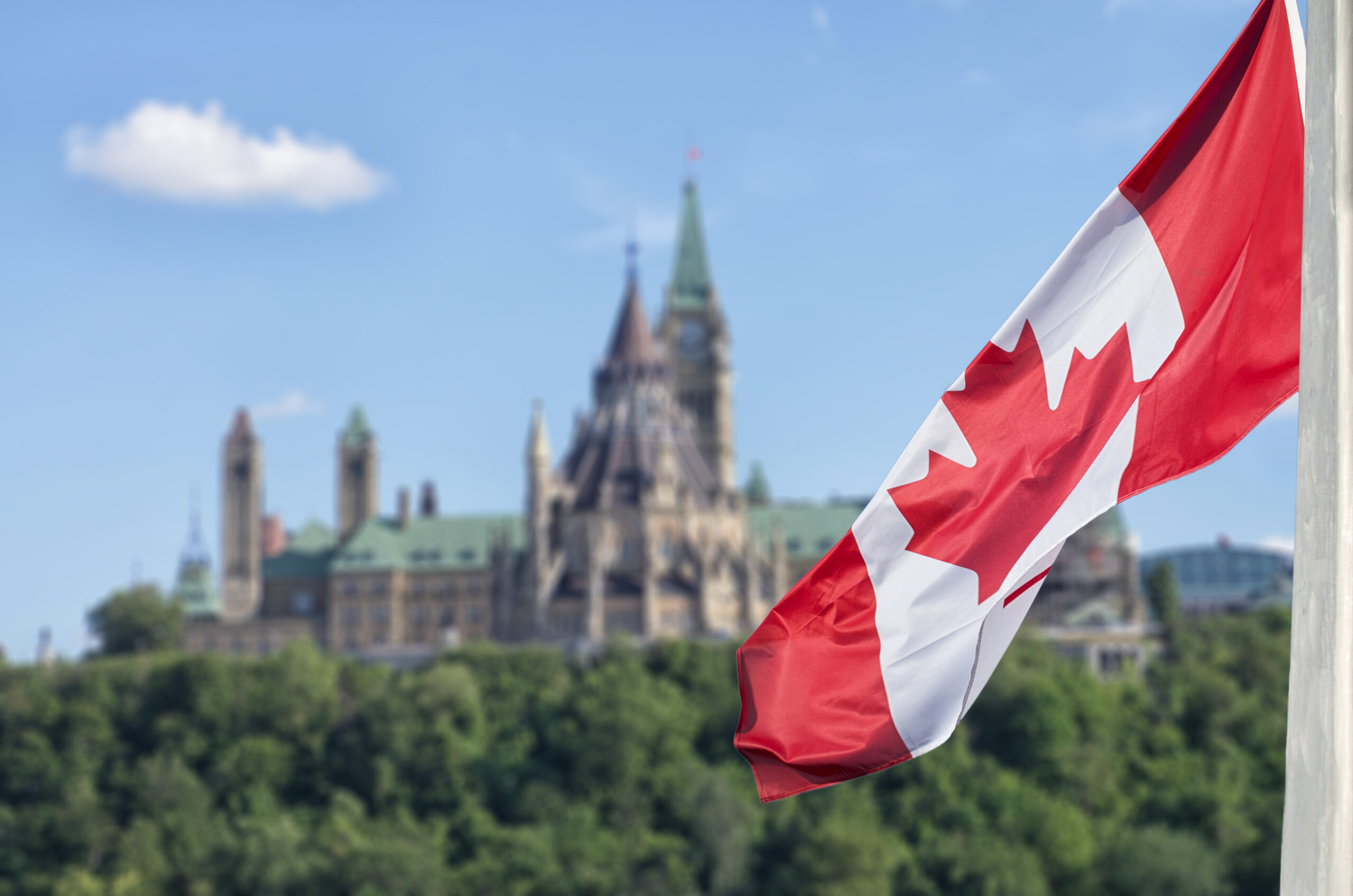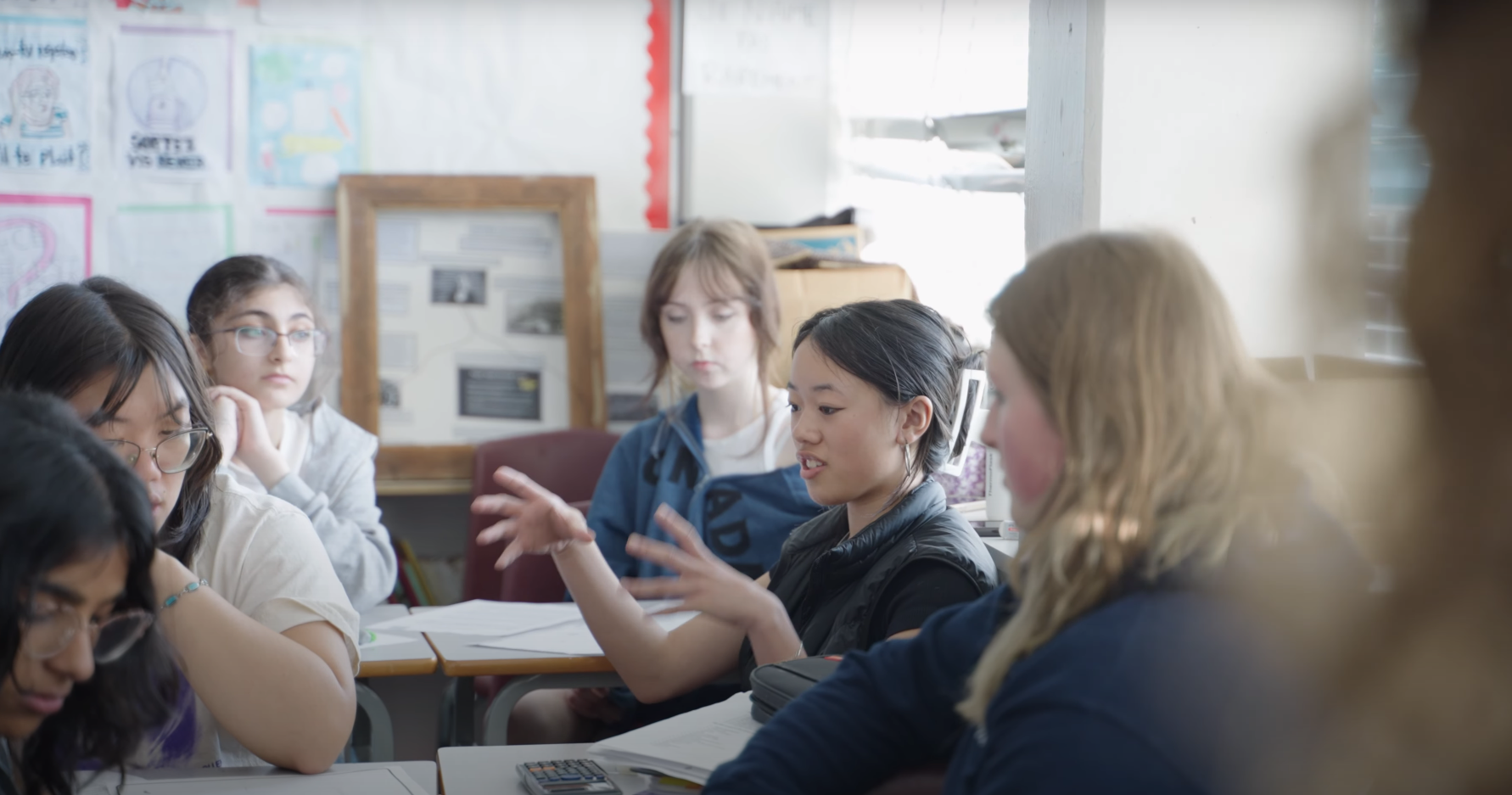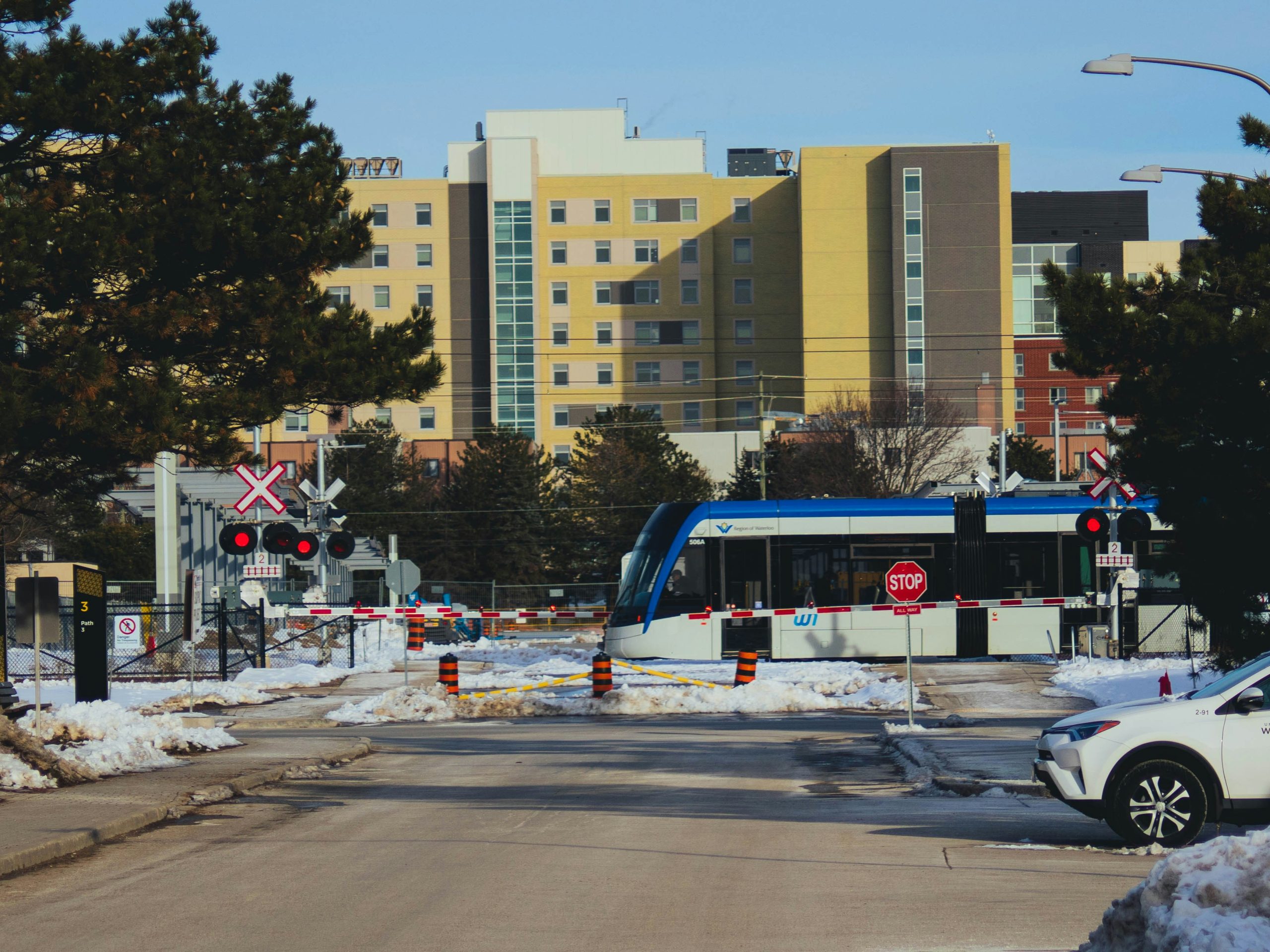Featured Guest
You’ll find this guest among our growing roll of Urban Champions.
-
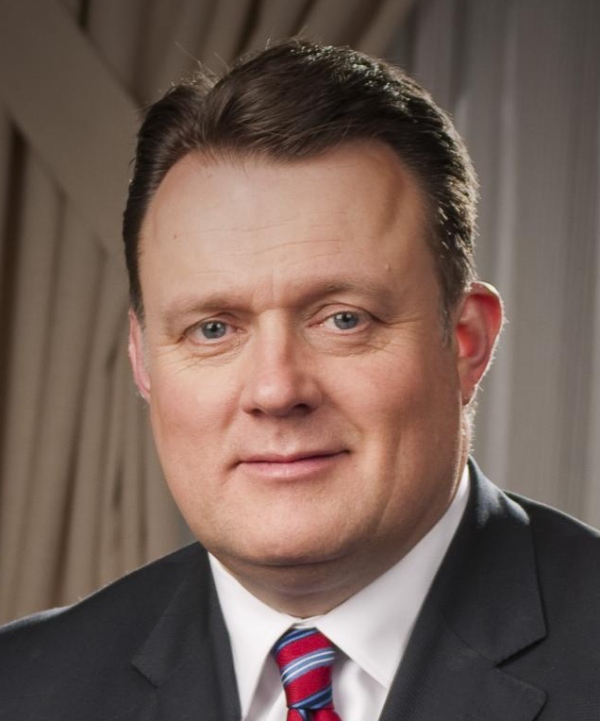
Mike Savage
Mayor of Halifax
-
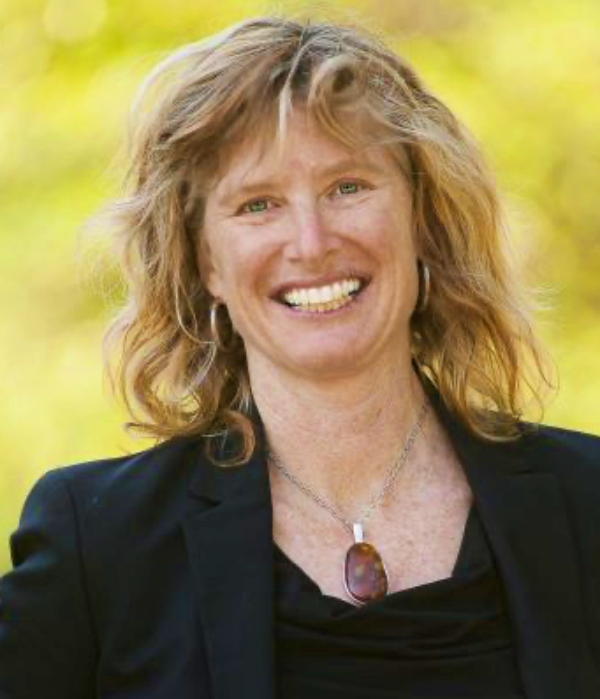
Merran Smith
Founder and Executive Director, Clean Energy Canada
-

Dale McFee
Chief, Edmonton Police Service
-
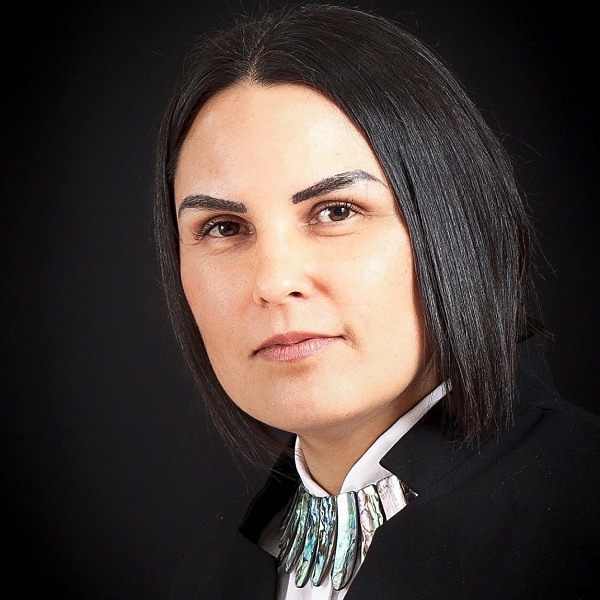
Carol Anne Hilton
CEO and Founder, Indigenomics Institute and the Global Centre for Indigenomics
5 Key
Takeaways
A roundup of the most compelling ideas, themes and quotes from this candid conversation
1. “Don’t let perfect be the enemy of better, but let’s strive for perfect” – Mayor Mike Savage
The impacts of climate change are a huge issue that needs to be more of a priority in Canada. According to Halifax Mayor Mike Savage, we must balance taking a realistic approach to climate solutions and pushing ourselves as much as we can. Halifax’s aims to be zero emissions by 2030.
2. Canada’s future is depending on indigenomics
Carol Anne Hilton, Chief Executive Officer at Indigenomics Institute and Founder of the Global Center of Indigenomics, emphasizes that it is vital “for this country to shift gears and stop seeing Indigenous people solely as a cost or a burden to the fiscal system and start seeing generative Indigenous economies.” Building an annual $100 billion Indigenous economy is very possible.
3. “Climate action really hits the ground in cities” – Merran Smith
One positive change after the election is the acknowledgment that climate change is a real issue. Each party actually had a climate platform which is a significant step forward for Canada and the elected Liberal party has set ambitious goals for combatting climate change. Commitments such as procuring low-carbon steel and concrete will provide cities with a path forward in making climate action real. In moving towards renewable energy, new jobs will be created–now it is critical to ensure that the government commits to their worker transition strategy which includes training and transition opportunities. Ms. Smith discusses the important role cities will have in successfully realizing the government’s climate change commitments and moving Canada forward towards a better and sustainable future.
4. “How we get better outcomes for people” – Chief Dale McFee
Edmonton Police Chief, Dale McFee reflects on the pandemic response and says, “we’re at a point right now where we can lead change that we’ve never led before”. What we’ve lacked in the past is outcomes and that is what the focus should be on now. One major problem he sees is that Indigenous people are overrepresented in the justice system and this is because Canada hasn’t built a system to fix the problems rooted in trauma and systemic racism. It’s essential that our federal government finds ways to give Indigenous people and all people in need a real opportunity to succeed in our society. Chief McFee says, we can save $1.5 billion dollars by reducing the number of people in the justice system by 20 percent. Fostering individual independence instead of dependence on the system is the way forward along with dedicating budget towards helping communities in need and investing in their well-being. The importance now should be put on “reduc[ing] intake and mak[ing] sure every offramp works”.
5. Calls to action for the newly elected federal government.
The panelists identified the main interventions that should be a priority for our new government. Merran Smith though that what Canada really needs is quick and decisive action in realizing climate change commitments, policies, and regulations. She went on to say that we need to “stop the bickering between us because it slows us down …, perfect is the enemy of the good. And we have no time.” Mayor Savage discussed how crucial it is to take real steps towards bringing people out of poverty and giving them an opportunity to succeed. All orders of government need to work together in building functional and sustainable solutions for Canadians in need including national housing and homelessness strategies. Chief McFee thinks the focus should be on a continuum of services that can help all Canadians in need. Finally, Carol Anne Hilton believes the government’s main priorities should be to implement the truth and reconciliation calls to action and structuring Canadian affairs to allow for Indigenous economic growth and design.
Full Panel
Transcript
Note to readers: This video session was transcribed using auto-transcribing software. Manual editing was undertaken in an effort to improve readability and clarity. Questions or concerns with the transcription can be directed to events@canurb.org with “transcription” in the subject line.
Full Audience
Chatroom Transcript
Note to reader: Chat comments have been edited for ease of readability. The text has not been edited for spelling or grammar. For questions or concerns, please contact events@canurb.org with “Chat Comments” in the subject lin
From Canadian Urban Institute: You can find transcripts and recordings of today’s and all our webinars at https://canurb.org/citytalk
13:01:55 From Canadian Urban Institute : Welcome! Folks, please change your chat settings to “everyone” so everyone can see your comments. Attendees: where are you tuning in from today?
13:02:17 From Brad Krizan : Tuning in from Calgary
13:02:19 From Craig Windrim : Hi there, joining from Victoria BC
13:02:36 From Dana Kripki : Saskatoon, Treaty 6 Territory/Homeland of the Metis
13:03:11 From Vicki Sinclair : Hello from Winnipeg – Treaty 1 Territory
13:03:13 From Alan Kan : Markham by way of Mississauga
13:03:24 From Graham Wilson : Hello, joining from Whitby, Ontario
13:03:35 From Canadian Urban Institute : Learn more about CUIxLocal: https://canurb.org/cuixlocal/
13:03:50 From Bailey Gardien : Hello everyone! Waterloo (The Haldimand Track)
13:03:56 From Kristina McMillan Schwartz : Hello from Calgary
13:04:36 From Anam Khan : Hello from Windsor Essex
13:05:07 From Felipe Canavera : Hello from Edmonton
13:05:16 From Canadian Urban Institute : Merran Smith, Founder and Executive Director of Clean Energy Canada, and Fellow at the Simon Fraser University’s Morris J. Wosk Centre for Dialogue @merransmith https://www.linkedin.com/in/merran-smith-64603b63/ Merran Smith is a fellow at the Simon Fraser University Morris J. Wosk Centre for Dialogue, and the founder and executive director of Clean Energy Canada—a leading think tank advancing clean energy and climate solutions. Merran serves as co-chair of the B.C. government’s Climate Solutions Council, a member of the independent Task Force for a Resilient Recovery, and a Canadian representative of the C3E International Ambassador Corps. Her 2018 work as co-chair of Natural Resources Canada’s Generation Energy Council helped ideas from a diverse group of stakeholders coalesce into recommendations that will shape Canada’s energy future.
13:05:27 From Canadian Urban Institute : For most of her career, Merran has worked to unite industry, government, and civil society organizations to solve pressing social and ecological challenges. Her leadership in the landmark Great Bear Rainforest conservation agreement helped ensure the protection of thousands of kilometres of coastal ecosystem. Merran has received numerous leadership distinctions, including being named to Vancouver Magazine’s 2020 Power 50 List, winning the 2019 SFU President’s Social Media Newsmaker Award, Clean Energy BC’s 2017 Lifetime Achievement Award, the Vancouver Board of Trade’s 2016 Wendy McDonald Community Catalyst award, and the Clean 16 award in 2014 for leadership in clean capitalism.
13:05:37 From Kary Fell to Hosts and panelists : Kelowna, BC
13:05:43 From Gary Waterfield : Greetings from a rainy Perth Ontario – Gary Waterfield
13:05:45 From Canadian Urban Institute : Carol Anne Hilton, Chief Executive Officer at Indigenomics Institute and Founder of the Global Center of Indigenomics @Hesquiaht https://www.linkedin.com/in/carol-anne-hilton-mba-b4416029/ Carol Anne Hilton is the CEO and Founder of The Indigenomics Institute and the recently established Global Center of Indigenomics. Indigenomics is a design platform for strengthening and building Indigenous economies. The Institute convenes ideas, tools, resources and people to grow Indigenous economies. It offers insight into the possibilities of Indigenous business models and economic inclusion. Carol Anne’s work has been recognized with a BC Aboriginal Outstanding Business Achievement Award, a Creating Wealth Award from the National Indigenous Council of Elders and Business of the Year Award from the Nuu chah nulth Economic Development Corporation.
13:06:03 From cathy parsons : Hello from London ON
13:06:14 From Canadian Urban Institute : Mayor Mike Savage, Halifax Regional Municipality @MikeSavageHFX Mike Savage was elected Mayor of Halifax Regional Municipality for a third term on October 17, 2020. An active member of the Federation of Canadian Municipalities (FCM) Big City Mayors’ Caucus (BCMC), Mayor Savage was selected by his counterparts from across the country to co-chair FCM’s Syrian Refugee response task force in 2015. In spring 2021, he was elected Chair of the BCMC. He served four years as President of the World Energy Cities partnership, an international organization of cities with significant energy sector interests. In March 2016, he was honoured as a Modern Maker of Canada by the Canadian Institute on Governance, recognizing the growing role of civic leaders in driving the economic prosperity for the country.
13:06:26 From Canadian Urban Institute : Prior to his election as Mayor, Mike Savage served three terms as Member of Parliament for Dartmouth-Cole Harbour, during which time he played a national role as Official Opposition Critic for Human Resources, Social Development and Status of Persons with Disabilities and chaired the Liberal Party Post-Secondary and Research Caucus.Prior to entering politics, Savage was a business leader in Halifax and was involved in numerous community organizations focused on health, the arts, education and humanitarian work.
13:06:51 From Canadian Urban Institute : Dale McFee, Edmonton Chief of Police @DMMcFee https://www.linkedin.com/in/dale-mcfee-00967271/ Chief Dale McFee was sworn in as Edmonton’s 23rd Chief of Police for the Edmonton Police Service in 2019. He has an extensive background in policing , including 26 years as a police officer in Prince Albert, Saskatchewan (nine years as Chief of Police) and six years as the Deputy Minister of Corrections and Policing in the Ministry of Justice for the Saskatchewan government. From 2011 to 2014 he served as President and Past President of the Canadian Association of Chiefs of Police. He has previously held the positions of President of the Saskatchewan Association of Chiefs of Police, President of the Saskatchewan Federation of Police Officers, and Director of the Canadian Police Association.
13:07:00 From Canadian Urban Institute : Chief McFee has received several commendations in his areas of expertise, including the appointment and subsequent promotion by the Governor General of Canada to the Officer of the Order of Merit of the Police Forces. He is a recognized Governor General Leadership alumnus, former citizen of the year within his home community, and the recipient of a provincial policing leadership award for “Leadership in Multi-Agency Community Mobilization”.
13:07:55 From Canadian Urban Institute : Please note: we have closed captioning enabled for today’s session. If you would like to turn it off, please click on the button at the bottom of your screen and disable. Thanks!
13:12:04 From Canadian Urban Institute : We hope this session is as interactive as possible, so please feel free to share comments, references, links and questions in the chat!
13:12:54 From Canadian Urban Institute to cathy parsons and all panelists : Hi Cathy. Thanks your raising your hand. We are not enabling this feature on today’s session, but please share your thoughts or questions in the chat, and we will bring it into the conversation. Thanks.
13:14:34 From cathy parsons to Hosts and panelists : Oh I didn’t realize I did that, my apologies
13:17:08 From Natasha Apollonova : Can you comment about state of digital infra in cities as well?
13:24:52 From Brad Krizan : Thanks for that comment Dale about outcomes and innovation. That’s where the focus needs to shift to….solutions tied to outcomes. And silo’s within government are a huge barrier that needs to be solved.
13:33:51 From Diane Dyson : The City of Edmonton reports that 5% of their population is Indigenous: https://www.edmonton.ca/city_government/initiatives_innovation/indigenous-relations#:~:text=Edmonton%20and%20surrounding%20area%20has,or%205%25%20of%20the%20population.
13:34:39 From Diane Dyson : And growing as more recent numbers show: https://regionaldashboard.alberta.ca/region/edmonton/percent-aboriginal-population/#/
13:38:56 From Craig Windrim : Renewing Indigenous cultures and languages, implementing and committing to UNDRIP principles of self-determination and self-governance, and govts being less prescriptive and seeing Indigenous communities as value-add not burdens are basic steps to enabling Indigenous peoples to succeed. Govts should provide supports but frankly get out of the way.
13:42:44 From Michael Roschlau : Great comments and vision from Halifax Mayor Savage.
13:42:59 From Brad Krizan : There is a fine line between social engineering and government getting out of the way! And that can be an impediment to innovation too
13:45:48 From Diane Dyson : In 2016, the Government of Canada endorsed the United Nations Declaration on the Rights of Indigenous Peoples (UNDRIP) without qualification and committed to its full and effective implementation. The work is beginning. https://www.justice.gc.ca/eng/declaration/index.html
13:51:24 From Natasha Apollonova : For Mayor Savage: can you please speak about your tech ecosystem and what interventions / policies may have contributed to such a great success for the sector?
13:53:28 From Trudi Goels : Technology in liquor stores is a bandaid solution. Living in generational poverty and with generational trauma leaves people with fewer choices and organized crime is one of them. That isn’t changing with these solutions. That’s just layering on another bandaid. We need root cause solutions. Policing never addresses root causes. We need to go deeper.
13:56:58 From Canadian Urban Institute : CUI extends a big thank you to TD for their support of CityTalk. Keep the conversation going #citytalk @canurb You can find transcripts and recordings of today’s and all our sessions at www.citytalkcanada.ca
13:57:57 From Michael James to Hosts and panelists : In Edmonton, part of the program in the liquor stores connects those who are vulnerable with the right services. Those who are addicted do not necessarily need to be in jail – they need services which the EPS provides from the CSWB side of the house.
13:58:07 From Canadian Urban Institute : COMING UP: Join us on Wednesday Sept 29 for our next session “Are we talking about a revolution? A case for the core”. You can register here: https://us02web.zoom.us/webinar/register/WN_p2q7kGi0QzSx7APuaVPJXw
13:58:17 From Michael James : In Edmonton, part of the program in the liquor stores connects those who are vulnerable with the right services. Those who are addicted do not necessarily need to be in jail – they need services which the EPS provides from the CSWB side of the house.
14:00:32 From Graham Wilson : Thank you everyone for the big ideas
14:00:36 From Andréa Calla : Thank you, Mary, CUI and wonderful guests, excellent, informative session.
14:00:43 From Michael James : Well done
14:00:43 From Dana Kripki : great session
